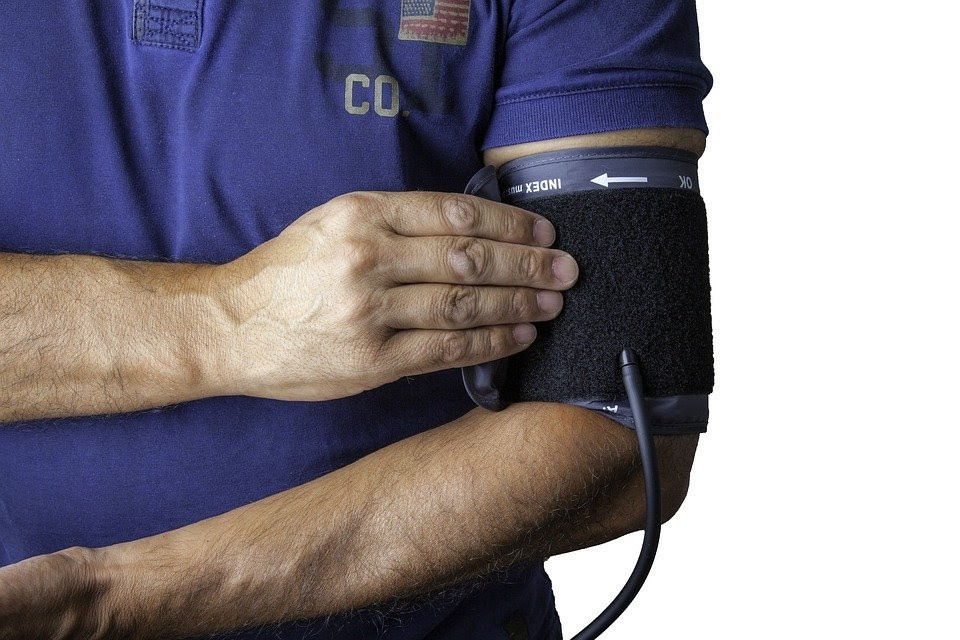
There are various professions in the healthcare industry, each posing its advantages and challenges. When it comes to nursing, you need to have the proper resources and guidance to help you get through the course and get certified. This article lists down some of the most actionable tips that you have to keep in mind to become a certified nurse.
IMAGE SOURCE: https://pixabay.com/photos/blood-pressure-monitor-health-1749577/
What Do Nurses Do?
Before delving into how you can become a certified nurse, it is a good idea to familiarize yourself with what nurses do. Regardless of their field of specialty, nurses, in general, are expected to be able to assess the condition of their patients. They should also record their patient’s medical data and relevant behavior. A nurse is also expected to communicate efficiently with the other members of the healthcare team for the benefit of the patients.
Nurses are also trained to effectively use and maintain medical equipment, as well as assist in coming up with a treatment plan. They should also be able to advise the patient and their families regarding their condition as well as post-hospital care. With all these responsibilities, it can be deemed that there are several stages necessary to become a nurse. The number of years that you have to spend in doing so depends on the degree that you want to earn, as well as the exam that you have to pass.
Earn a Degree – Choose the Right Program
One of the primary actionable tips that you can adhere to if you want to become a certified nurse is to earn a degree by choosing the right program. The nursing care specialists behind Nursing Expert suggest that you take the time to explore various nursing programs for you to choose the right one that will help you pursue your passion. Some of the most popular options include an associate degree, as well as a bachelor of science in nursing.
There are also online nursing degrees that you can take without having to set foot on campus. These programs offer convenience, especially for those who are already working or have family responsibilities.
There is also the option for you to research accelerated nursing programs particularly if you have already earned a bachelor’s degree in another field of study. From there, you can even pursue a master of science in nursing degree but you need to have completed a bachelor of science in nursing degree beforehand. In deciding to get a master’s degree, you need to have a clear career goal in mind.
You should consider this as one of the best achievements in your life. Once you’re done with your education and receive useful and interesting nurse graduation gifts from your family and friends, then you are ready for the next step. Now you’ll need to get licensed and certified, after which it’s time to pick a specialty!
Get a License – Pass the Correct Licensure Examination
To get a license, you need to pass a qualifying exam, however, you need to understand which assessment you should be taking. For instance, a certified nursing assistant may have a limited scope of responsibilities while a licensed practical nurse may have a wider range of responsibilities. In this case, the examination will cover the added responsibilities of a licensed practical nurse.
There is also an examination for registered nurses if you want to practice as a nurse with in-depth responsibilities. Nevertheless, you have to keep in mind that the licensure examinations may vary per state but most nursing programs will be able to provide you with the assistance on which one you should be taking based on the degree that you have earned.
Choose a Specialty
As soon as you earn a degree and get a license, you can already obtain employment. However, there is still the option for you to choose a specialty, requiring you to get additional certifications as necessary. Some of the most popular specialties that you can consider include neonatal care, as well as a nurse-midwife. You can also explore clinical nursing, as well as critical care nursing.
Neonatal nurses work with patients before and after giving birth while nurse-midwives guide their patients throughout their pregnancy and delivery journey. Clinical nurses may oversee the work of other nurses while critical care nurses are usually employed in hospitals, working in critical care units.
Pursue Additional Training
To progress in your nursing career, you can pursue additional training. This is one of the most viable actionable steps if you already have a clear goal in mind. In this way, new opportunities such as senior-level positions may open up for you, allowing you to enjoy a better salary. Just keep in mind that with a higher position and a bigger salary, you will also most likely have a greater responsibility.
To become a certified nurse, you need to earn a degree and get a license. From there, you can already be employed, but in parallel, you can also choose a specialty. There is also the option for you to pursue additional training to further progress in your nursing career. All these are geared towards helping you attain your goals if you are keen on pursuing becoming a nurse.













